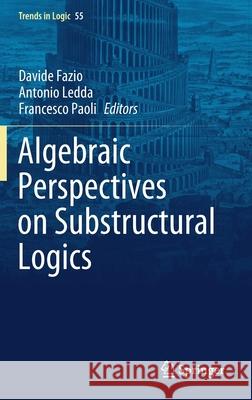Algebraic Perspectives on Substructural Logics » książka
topmenu
Algebraic Perspectives on Substructural Logics
ISBN-13: 9783030521622 / Angielski / Twarda / 2020 / 193 str.
Algebraic Perspectives on Substructural Logics
ISBN-13: 9783030521622 / Angielski / Twarda / 2020 / 193 str.
cena 442,79
(netto: 421,70 VAT: 5%)
Najniższa cena z 30 dni: 424,07
(netto: 421,70 VAT: 5%)
Najniższa cena z 30 dni: 424,07
Termin realizacji zamówienia:
ok. 16-18 dni roboczych.
ok. 16-18 dni roboczych.
Darmowa dostawa!
Kategorie BISAC:
Wydawca:
Springer
Seria wydawnicza:
Język:
Angielski
ISBN-13:
9783030521622
Rok wydania:
2020
Wydanie:
2021
Numer serii:
000082112
Ilość stron:
193
Waga:
0.46 kg
Wymiary:
23.39 x 15.6 x 1.27
Oprawa:
Twarda
Wolumenów:
01
Dodatkowe informacje:
Wydanie ilustrowane











